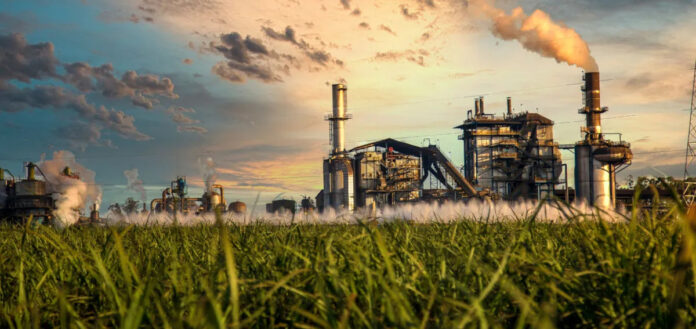South Africa’s R25-billion sugar industry has urged the government to shield it from what it calls “crippling external forces”—cheap imports and punitive export tariffs—that threaten rural livelihoods and the country’s food security.
The appeal came from South African Sugar Association (Sasa) chief executive Sifiso Mhlaba during a meeting in Malalane, Mpumalanga, attended by Premier Mandla Ndlovu and industry leaders.
The gathering aimed to strengthen partnerships across the sector and safeguard one of South Africa’s oldest agricultural industries.
“Mpumalanga produces 20% of the country’s sugarcane. The challenge we face primarily is with imports coming from Brazil,” Mhlaba said. “We’ve seen an increase of more than 400 % this season. For every ton of sugar imported into South Africa, we have to export a ton at a loss of R7 000, that’s not just a number; it’s a livelihood.”
He warned that the industry has already lost 20 000 jobs since 2018, saying, “Workers and farmers alike are at risk. We are therefore calling on the government to assist us in protecting the livelihoods and the jobs that we are supporting through this industry.”
Mpumalanga’s sugar sector, anchored in the Nkomazi region, supports two major mills in Malelane and Komatipoort and employs more than 65 000 people directly, with a further 250 000 indirectly dependent on the value chain.
Premier Ndlovu used the occasion to affirm the government’s commitment to the sector. He said the province’s agricultural output had grown from 2.6% of GDP in 2019 to 3.7% in 2024.
“Agriculture drives inclusive growth and job creation while reducing poverty and the cost of living,” Ndlovu said.
“When we discuss sugar, we are not merely referring to a commodity; we are addressing livelihoods, communities and local economies that rely heavily on the resilience of this industry.”
He promised continued infrastructure investment, including road maintenance on the N4, and rehabilitation of irrigation systems to boost production. “Your proximity to the market and the Maputo harbour should work in your favour.”
Ndlovu said the province was engaging with the national government to address the surge in imports and the 30% US tariff imposed on South African sugar.
Ndlovu also highlighted the forthcoming International Fresh Food Market, the first state-built export market in democratic South Africa, as a gateway to international buyers.
He said the provincial administration was “working hand-in-hand with Sasa” to support smallholder growers through initiatives such as Phezukomkhono Mlimi, research partnerships, and land-reform integration.
Quoting the late Julius Nyerere, Ndlovu concluded, “For agriculture is indeed the foundation of all our progress.”
Industry stakeholders warned that without urgent tariff reform, the gains achieved under the Sugarcane Value Chain Master Plan could dissolve, leaving thousands of rural families in economic peril.




